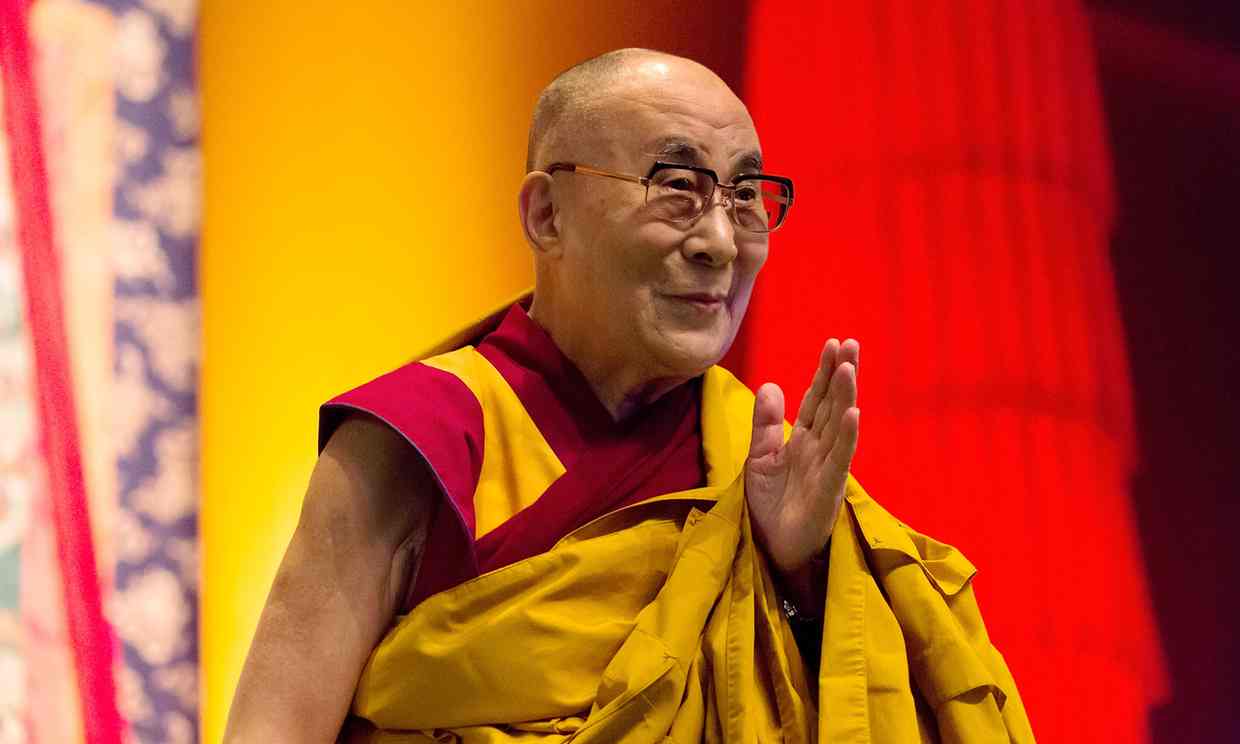The Guardian : Chinese diplomatic pressure is gradually moving the Tibetan leader away from the world stage. It should be resisted

‘The Dalai Lama was not invited to the great interfaith meeting in Assisi.’ Photograph: Kristy Sparow/Getty
“Spiritual leaders pray for peace” is not a headline to set the pulses racing. It is news only when they pray for war. Even that, unfortunately, is common enough to raise little attention these days. But something happened last week, almost entirely neglected by the media, which was remarkable and sinister. The Dalai Lama did not pray for peace at the great interfaith meeting in Assisi, where world spiritual leaders, invited by the pope, do gather to pray and witness for peace. There were representatives of almost every other faith whose followers are engaged in violence: Jews, Muslims, Hindus, Japanese Buddhists, Orthodox Christians – even the archbishop of Canterbury; but the Dalai Lama was not invited. He had to content himself with a small meeting in an obscure Polish town at which all present pledged themselves to peace.
The Dalai Lama had been present at the first of the big Assisi meetings, in 1986, which was then hugely controversial among religious conservatives, for it demonstrated that the Catholic church, under John Paul II, was serious in its efforts to acknowledge the good faith of other religions. But this time he was not invited and it seems clear that this was the result of Chinese pressure. Pope Francis most recently refused to see the Dalai Lama in 2014, but he has been persona non grata at the Vatican for many years now. Getting other governments to snub the Dalai Lama has been an occupation of Chinese diplomats for the last nine years or so, ever since George W Bush awarded him the Congressional Medal of Honor. That public recognition of the Tibetan spiritual leader seems to have stung the Chinese state into a furious and long-lasting reaction. The public rhetoric had always been angry, but now it was matched by private pressure. Government after government has quietly cancelled meetings with him. It is in the interest of no side of these squalid little transactions to publicise them: the host countries look weak and unprincipled, the Chinese spiteful and bullying, and the Tibetans just look powerless. In all cases, this appearance corresponds to reality.
So, officially, there are hardly any invitations not made. The veil only lifts occasionally. In 2011, the South African government excluded him from Archbishop Desmond Tutu’s 80th birthday celebrations while the British government had to do some spectacular grovelling after he visited twice and met David Cameron in 2012. This corresponds very badly with the view of the western general public, which is that the Dalai Lama is one of the most significant and benevolent religious leaders in the world today, a man who genuinely stands for a spirituality of peace and mutual understanding.
There is something extremely distasteful in these displays of realpolitik. The Chinese government is engaged in a long-term power struggle with the Vatican over who should have the right to choose bishops: an old story from European medieval history now played out with an Asian power. There are separate official and underground churches. The Vatican clearly calculates that the prize of a thriving unified church in the potentially huge growth market of China (where most Christianity now is Protestant) is worth a few snubs to a man who is, after all, the leader of a rival religion. But this policy diminishes the moral authority of both parties.




 Print
Print Email
Email